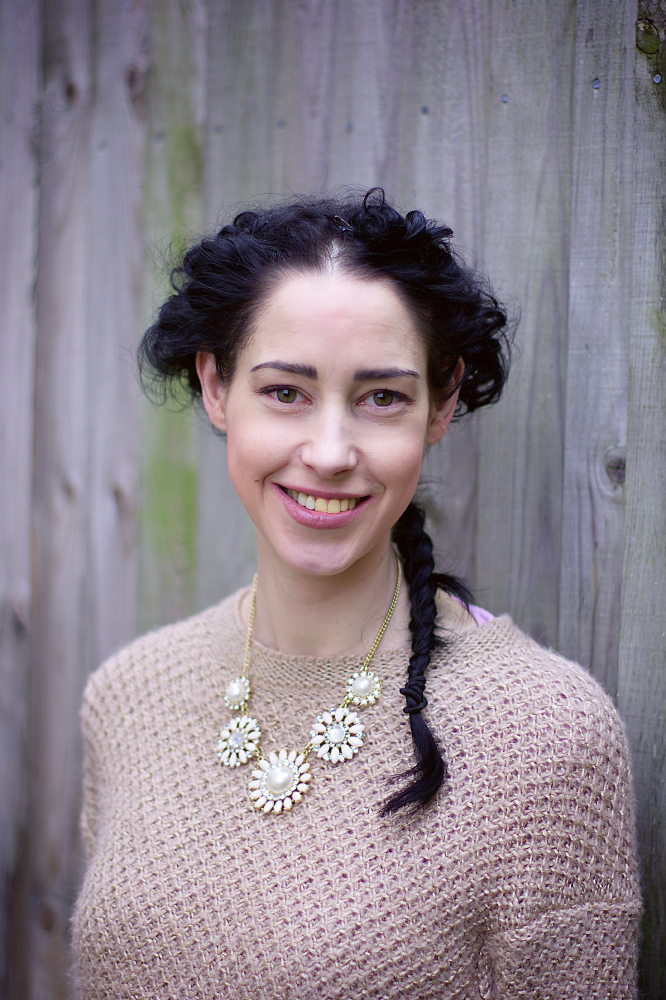Imagine that we’re at a dinner party and have just been introduced. As the wine is poured, we relax into our chairs and exchange pleasantries. How was your journey? Have you come far? Outside the wind is gathering and our host draws the curtains. After a moment I lean forward and smile: ‘Tell me a bit about yourself.’

Emma Scrivener
‘Well,’ you respond, ‘I live near the seaside. I’ve got two kids, I work in the city and I like foreign films and detective novels…How about you?’
I pause for a moment and set down my glass. ‘Me?’ I say. ‘I’m hungry and I’m anxious. I’m controlling. I’m ashamed. I’m angry and I’m despairing. And I hope you don’t mind me saying so – but I could see straight away, you’re exactly the same.’
How do you react? Perhaps you’re taken aback by my frankness. You wonder if I’m joking or exaggerating. You think to yourself, ‘That’s a lot of issues. This girl needs help.’
But maybe you’re also slightly offended. ‘Well,’ you reply. ‘Sometimes I lose my temper and I have days when it all feels a bit much. But I wouldn’t put it like that. Angry and controlling? Surely that’s a bit extreme?’
I’m not so sure. I write and speak on faith and mental health and I’ve heard from hundreds of Christians with similar stories. Like me, they sometimes feel “too much” for God, “too much” for the church and “too broken” to change. For many, the expectations and teachings of other Christians have harmed them as much as they have helped. But what if mental health issues are not the problem of an unfortunate, but limited few? What if everyone struggles? And what if there is a way forward? I believe that this is what the Bible teaches; not a gospel for the strong or together, but a God who comes for the sick and the weak.
This is why I wrote A New Day.
The book begins with evening, and moves through midnight to dawn and beyond. This might sound strange; but in the Bible the darkness comes first: ‘And there was evening, and there was morning – the first day’ (Genesis 1:5). It’s also a little picture of the Christian life! We might feel that Christians shouldn’t struggle; but Jesus meets us in our darkness. Instead of avoiding it, or lifting us out, he enters it himself. At the cross he bears it. And as he rises from the grave, he defeats it and brings us into a kingdom of light (Colossians 1:13).
There are no easy answers to suffering. But in Christ we find a Saviour who lets us be real. His gospel allows for struggle and He brings us into a church of the broken, for the broken. Our struggles don’t disqualify us from Christianity: in fact, they can be evidence of it. We can speak with truth, grace and empathy to others who also face challenges. We can be a blessing to the church.
Emma Scrivener was born in Belfast, but now lives with her husband and daughter in the south east of England. She is the author of 'A New Name,' (IVP) which talks about her experience of eating disorders. Her second book “A New Day,” (IVP) has just been published. She blogs at emmascrivener.net.

Emma Scrivener was born in Belfast, but now lives with her husband and daughter in the south east of England. She is the author of 'A New Name,' (IVP) which talks about her experience of eating disorders. Her second book “A New Day,” (SPCK) has just been published. She blogs at emmascrivener.net.

